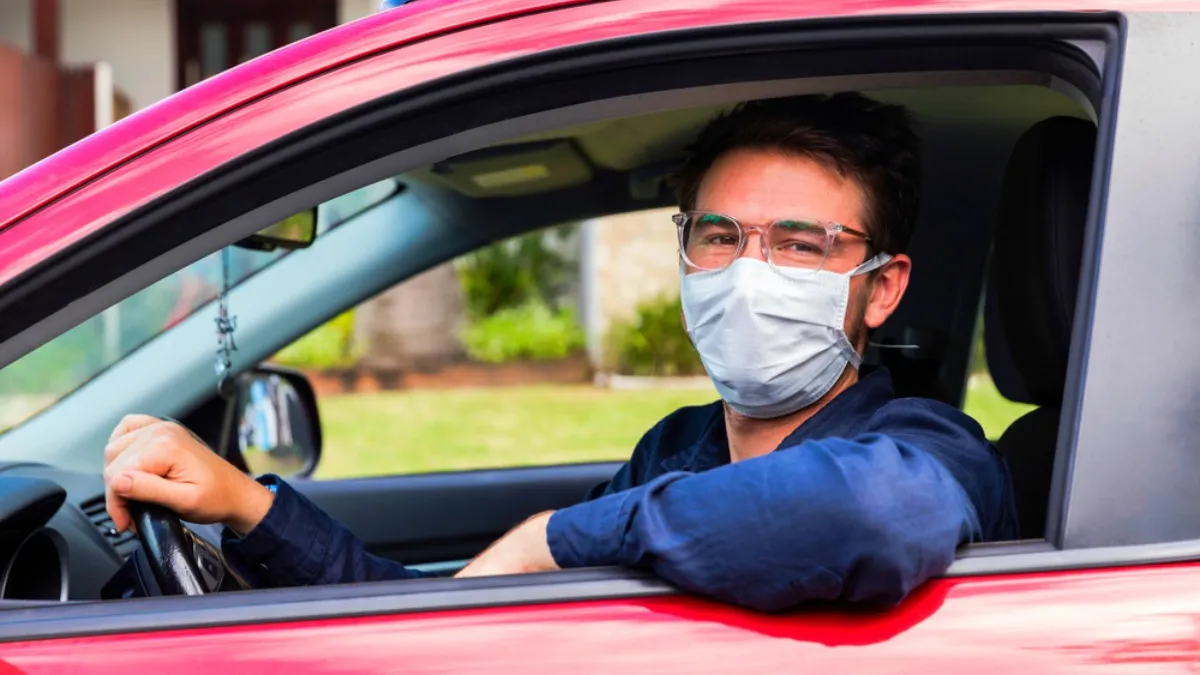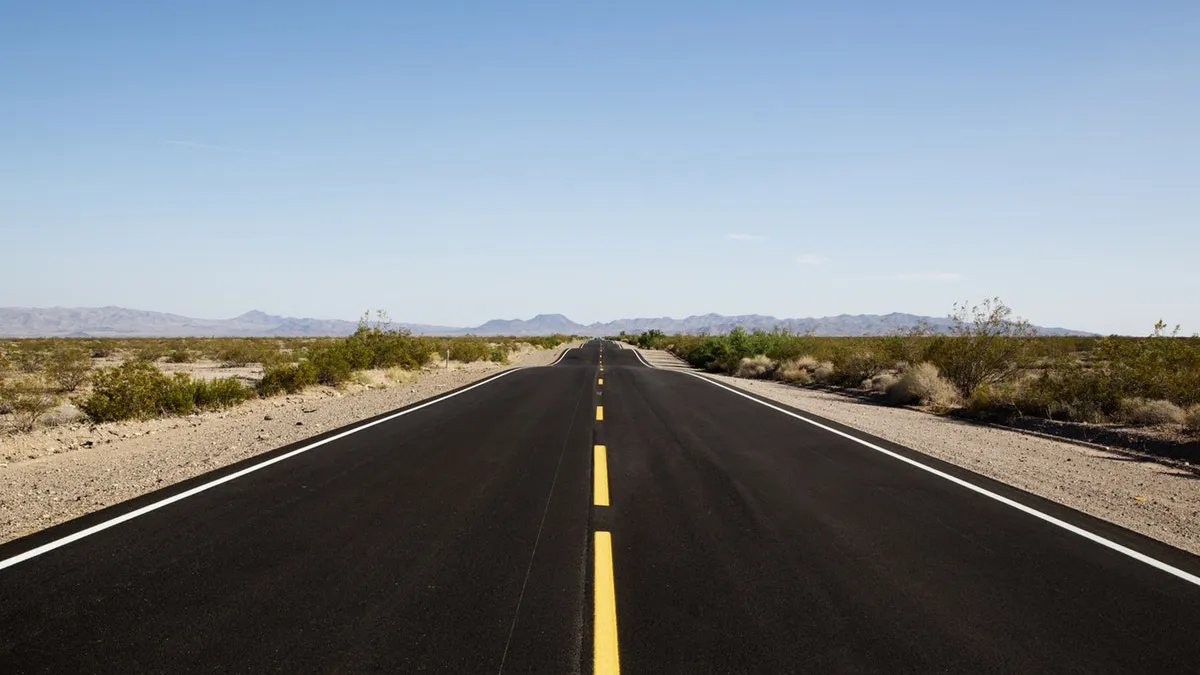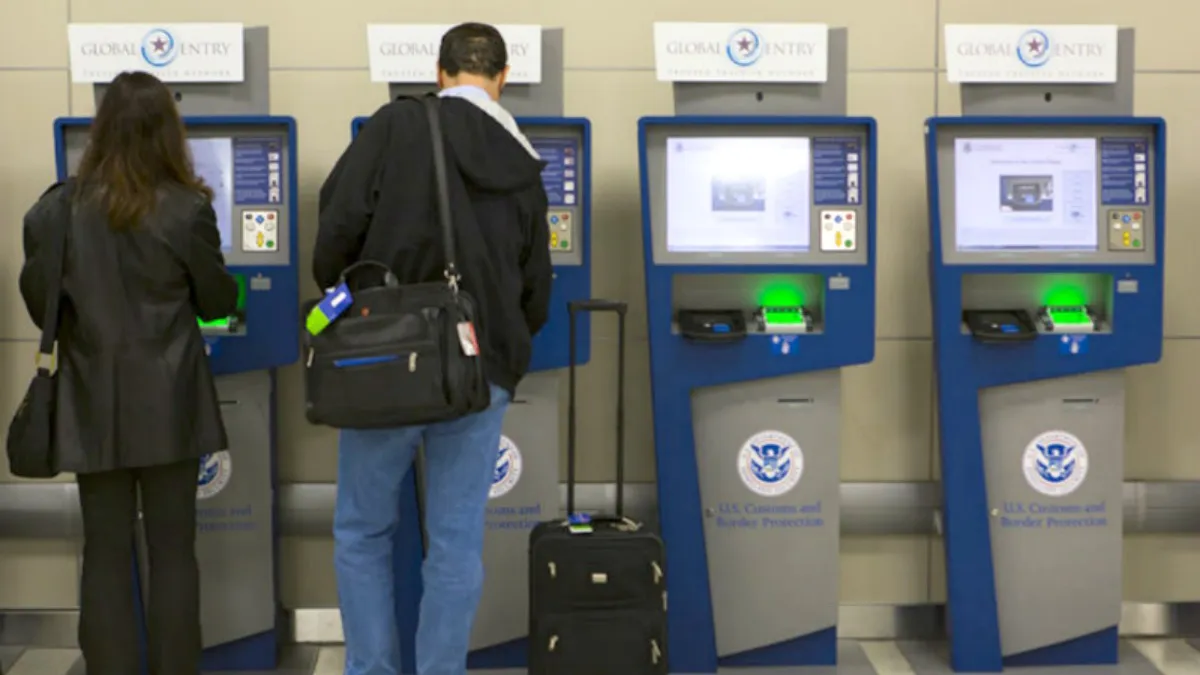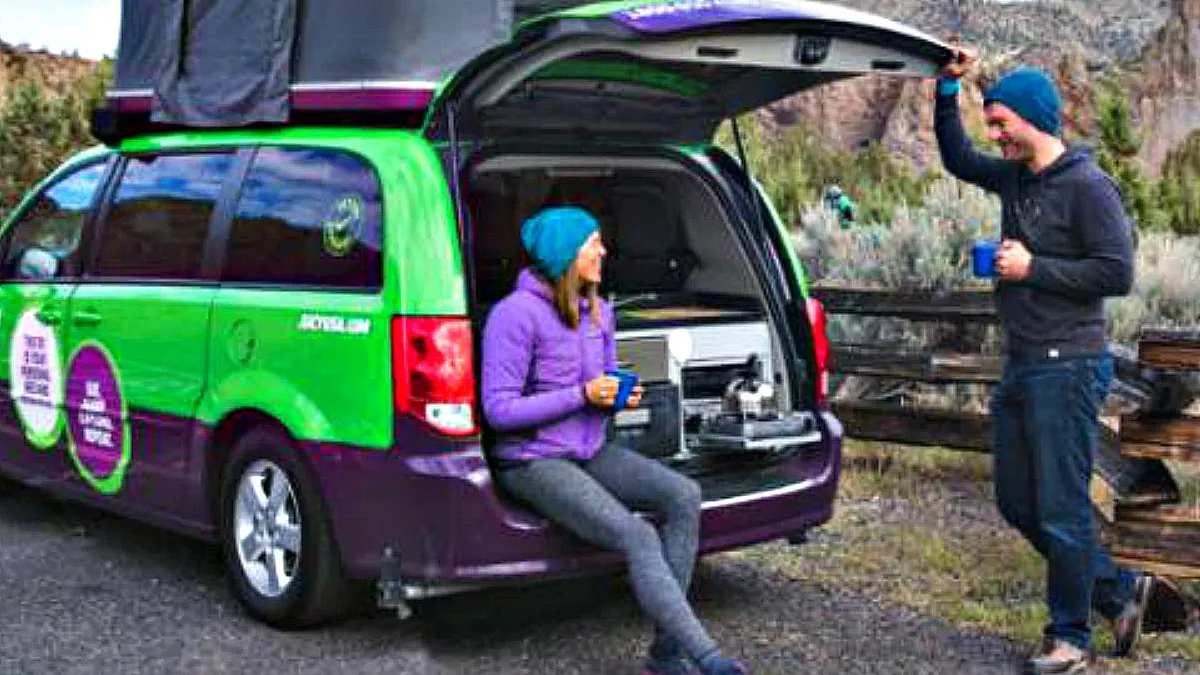

The ''COVID-19 pandemic'' significantly impacted the ''car rental industry'', leading to changes in consumer behavior and company policies. As travel restrictions eased, many people turned to car rentals as a safer alternative to public transport. Companies adapted their operations to enhance safety by implementing rigorous ''cleaning protocols'' and offering contactless pick-up and drop-off options. Below is a chart illustrating key trends in car rentals during the pandemic:
| Month | Rental Demand (%) | Safety Measures Implemented |
|---|---|---|
| March 2020 | 30% | Enhanced cleaning, social distancing |
| June 2020 | 50% | Contactless pick-up, mask requirements |
| December 2020 | 70% | Sanitization stations, health screenings |
| June 2021 | 90% | Full fleet availability, flexible cancellation |
As the world continues to adapt, the ''car rental sector'' is poised for recovery, offering flexible options to meet the evolving needs of travelers.
As the world grappled with the COVID-19 pandemic, the travel industry faced unprecedented challenges. One of the sectors that experienced significant disruptions was car rentals. This article delves into the impact of the pandemic on car rental services, exploring new trends, safety measures, and consumer behavior.
With the onset of the pandemic, many individuals opted for road travel instead of air travel. This shift led to a notable increase in demand for car rentals. According to a survey conducted by the American Car Rental Association, there was a 40% increase in car rental bookings in 2021 compared to the previous year. This change was largely driven by the desire for safer, socially distanced travel options.
To address health concerns, car rental companies implemented several safety measures, including:
These measures not only aimed to protect customers but also to restore confidence in the car rental experience. Many companies started highlighting these safety practices in their marketing efforts, drawing attention to their commitment to customer safety.
| Year | Percentage Change in Bookings | Average Rental Duration (Days) |
|---|---|---|
| 2019 | - | 5 |
| 2020 | -60% | 3 |
| 2021 | +40% | 7 |
| 2022 | +25% | 6 |
The above chart illustrates the significant fluctuations in car rental bookings during the pandemic. While 2020 saw a drastic decline due to lockdowns and travel restrictions, 2021 marked a recovery as travel resumed, and consumers sought alternative transportation methods.
The pandemic has also accelerated several trends in the car rental industry:
With remote work becoming the norm, many people opted for long-term car rentals instead of traditional ownership. This trend provided individuals with flexibility without the commitment of buying a vehicle.
Services like Turo and Getaround gained popularity during the pandemic as consumers looked for affordable alternatives to traditional car rental options. This shift towards peer-to-peer car sharing allowed users to rent cars directly from owners, often at lower prices.
Car rental companies have invested heavily in technology to enhance the customer experience. From mobile apps for easy booking to digital keys for seamless car access, the emphasis on digital solutions has reshaped the rental landscape.
As the world moves towards a post-pandemic era, the car rental industry is poised for evolution. Analysts predict that many of the changes made during the pandemic will become permanent fixtures. The focus on health and safety, technology integration, and consumer flexibility will likely continue to shape the industry.
The COVID-19 pandemic fundamentally transformed the car rental landscape. With an increase in demand, the implementation of strict safety measures, and the emergence of new trends, the industry has adapted to meet the changing needs of consumers. As we look ahead, the car rental experience is set to evolve, driven by innovation and a renewed focus on customer-centric solutions.
For those considering car rentals in the future, understanding these changes and trends will be essential. Whether for leisure or business, being informed about the current landscape will ensure a smoother and safer travel experience.
```




